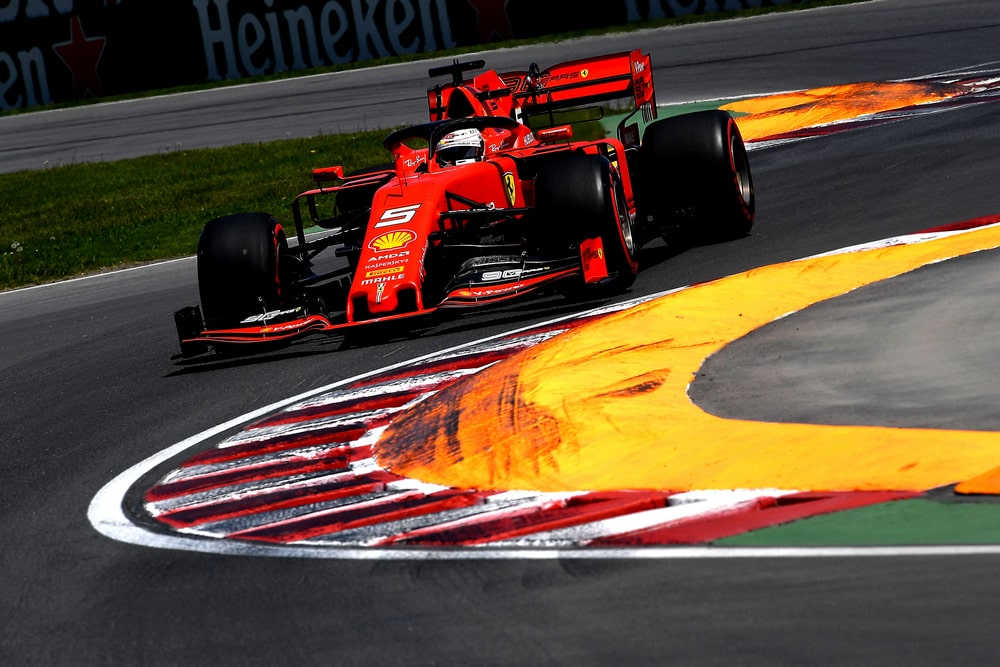
Like most fans, I would like to see the FIA grant Ferrari’s appeal over the controversial penalty that cost Sebastian Vettel his first win of the season in Canada. However, there is a huge risk associated with that possible decision and it could set a very negative precedent for F1.
Ferrari has announced their intent to appeal the penalty, despite the fact that the F1 Sporting Regulations prohibit appeals against time penalties. This means that technically speaking, the Ferrari appeal should never make it to the FIA International Court of Appeals.
However, given the loud voices of the fans in regards to the situation, the FIA could give Ferrari the opportunity to proceed with the appeal process. Furthermore, it looks possible that the FIA may actually reverse the stewards’ ruling and restore Vettel’s victory that he deserved.
But doing so could potentially set a dangerous precedent. It would show that the fans have the collective power to force the FIA to completely abandon the rule book. It would show that, if they scream loud enough, the fans can get their way.
Don’t get me wrong, I don’t like the penalty either and I do hope that it makes to the appeal process and is resolved there. But the FIA is fully aware of the implications of allowing Ferrari to appeal and it undoubtedly going to exercise a great deal of caution in the coming weeks when it comes to addressing this issue.
If Ferrari can appeal this, then what is stopping any team that gets a time penalty from filing an appeal?
The views and opinions expressed in this article are solely those of the author and do not necessarily reflect the official policy or position of any other agency, organization, employer or company. Assumptions made in any analysis contained within this article are not reflective of the position of any entity other than the author.